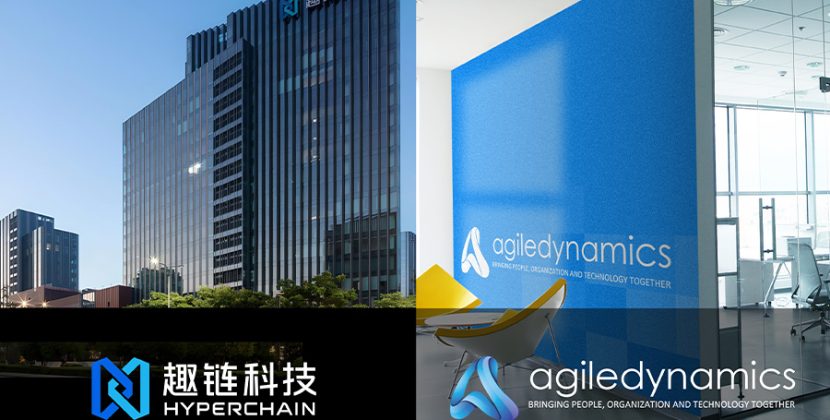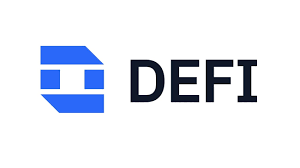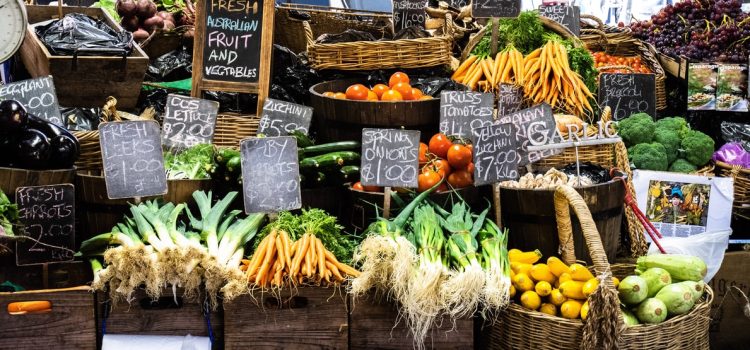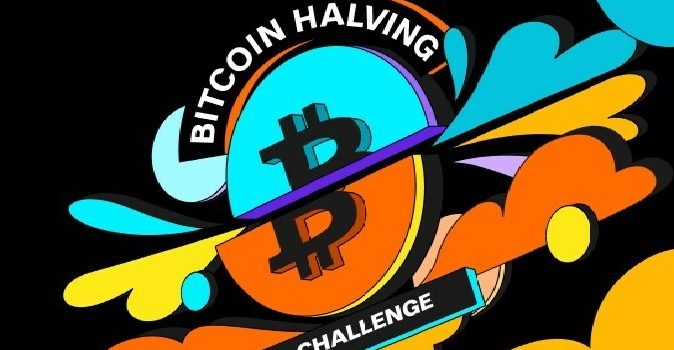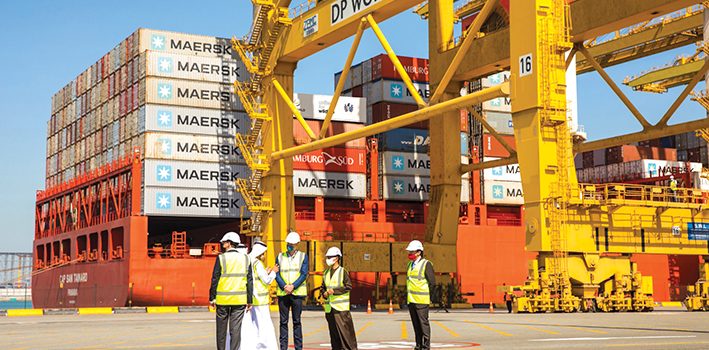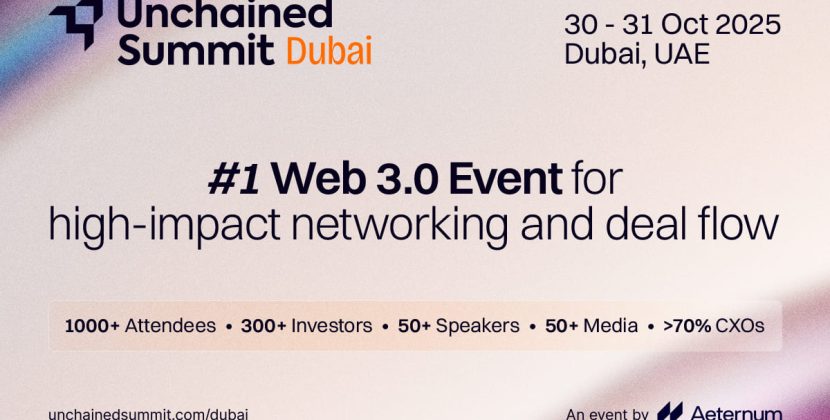
The American University of Ras Al Khaimah ( AURAK) in UAE has released a new study on how the use of the Internet of Things (IoT) and blockchain to dramatically boost food safety.
The study, done by Dr. Tahseen Arshi, Associate Provost for Research and Community Service at AURAK, in collaboration with researchers from the University of Naples, Italy, advocates integrating the IoT and blockchain to revolutionize the food supply chain significantly. Dr. Tahseen argues that combining these technologies into the food supply chain gives companies visibility into the upstream supply chain.
Food safety is a pressing global concern, particularly in light of the rapidly growing world population (currently 8.11 billion). WHO estimates that 600 million people – almost 1 in 10 persons in the world – fall ill after eating contaminated food, and 420,000 die every year.
This underscores the critical need for innovative solutions, such as those proposed in the study, to enhance food safety. For instance, IoT can track the temperature of food products during transportation, helping to prevent spoilage. Similarly, blockchain can provide a transparent record of a food product’s journey, from farm to table, helping to identify the source of contamination in case of an outbreak.
Prof. Stephen Wilhite, Senior Vice President of Academic Affairs and Student Success and Provost at AURAK, stated: “Food safety is a highly complex issue. Given the dangers it poses to public health, it is vital we use new technologies to monitor the supply chain. AURAK is happy to support this research study, which is an earnest effort to highlight how the effective use of IoT and blockchain can prevent contaminated food from reaching consumers by enabling enhanced transparency and traceability in the food supply chain.”
Dr. Tahseen Arshi commented, “With the rising population, food safety will be under greater threat. Coupled with this, changing climatic weather patterns, scarcity of water, and soil degradation caused by industrialization and urbanization are adding to the problem. Our study investigates how technologies like the IoT and blockchain can revolutionize how food is monitored, traced, and managed across the supply chain, enhancing transparency, accountability, and efficiency.”
The study demonstrates how these new technologies can be game-changers in the area of food safety. Blockchain enables end-to-end traceability of food products. Each stage of the food supply chain—from production to processing to distribution—can be logged on a blockchain. IoT can track food products in real-time through sensors that capture and transmit data on where food has been, how long it has been stored, and under what conditions.
According to the study, these technologies are used for a wide variety of applications, such as Real-Time Monitoring (using sensors and smart tags to monitor environmental conditions during transportation), Predictive Maintenance (IoT devices monitoring equipment for signs of wear and tear); Automated Compliance (monitoring compliance with food safety regulations); Immutable Records (providing a decentralized, immutable ledger to record every transaction or change in the food supply chain) and Enhanced Transparency (access to detailed information about the origins and handling of food).
One of the biggest benefits offered by these technologies is Streamlined Recalls. In the event of a food safety issue, blockchain can help quickly identify and isolate affected products, streamlining the recall process and minimizing the impact of food safety incidents.
The study was published in 2023 as a chapter in IGI Global’s book ‘Impactful Technologies Transforming the Food Industry.’ IGI Global is a Scopus-indexed, US-based, independent international academic publisher dedicated to releasing high-quality, peer-reviewed scholarly research publications.

